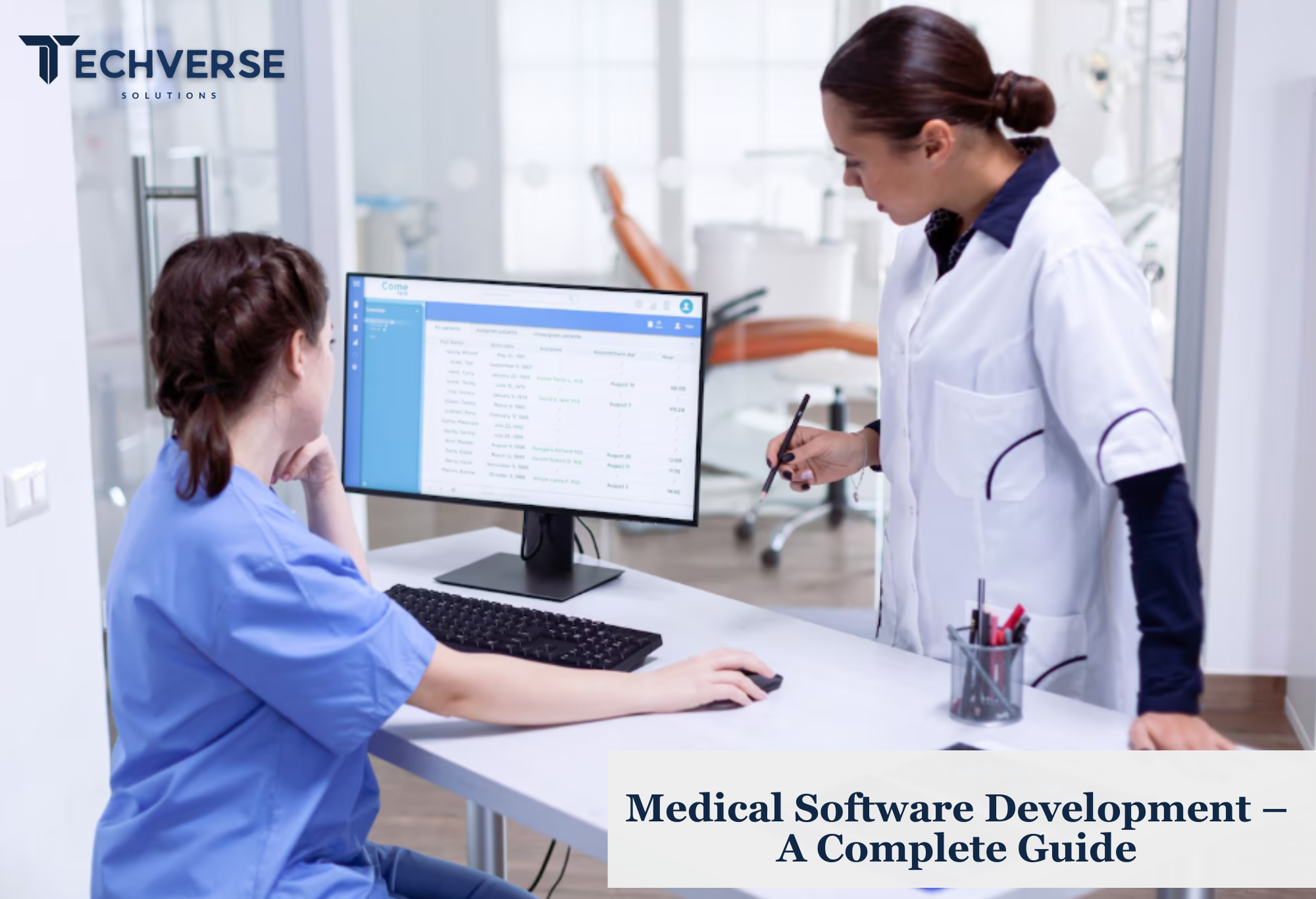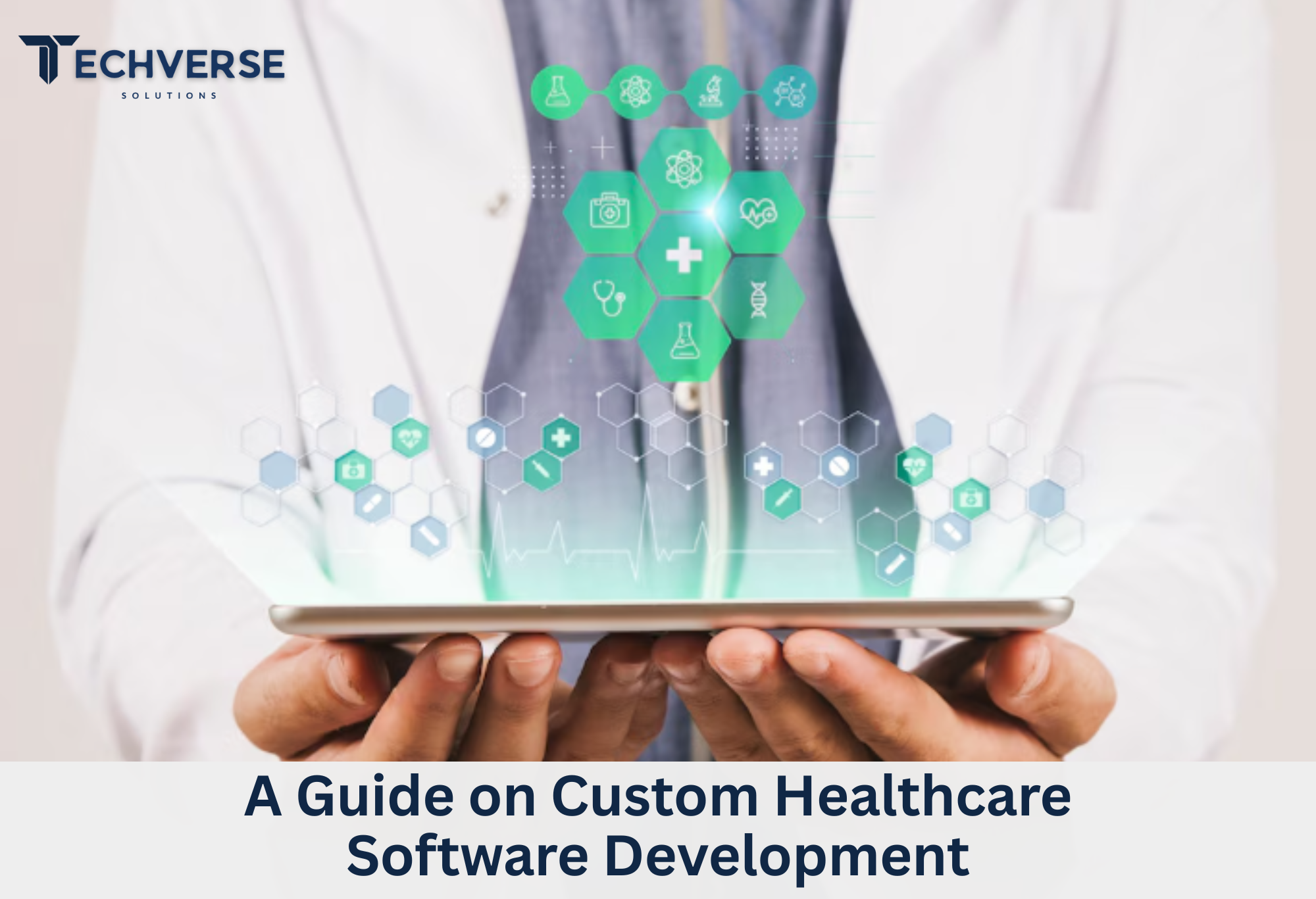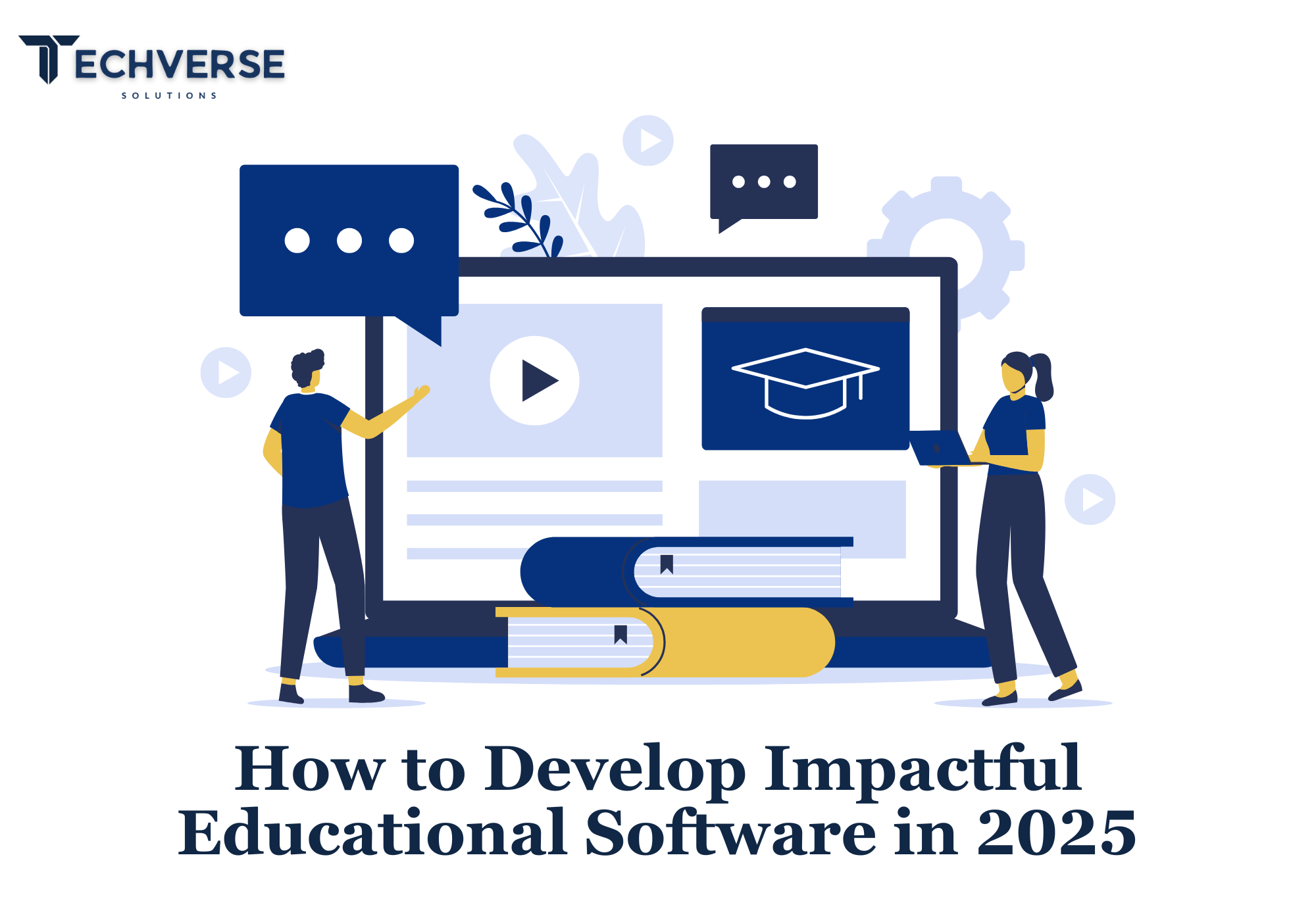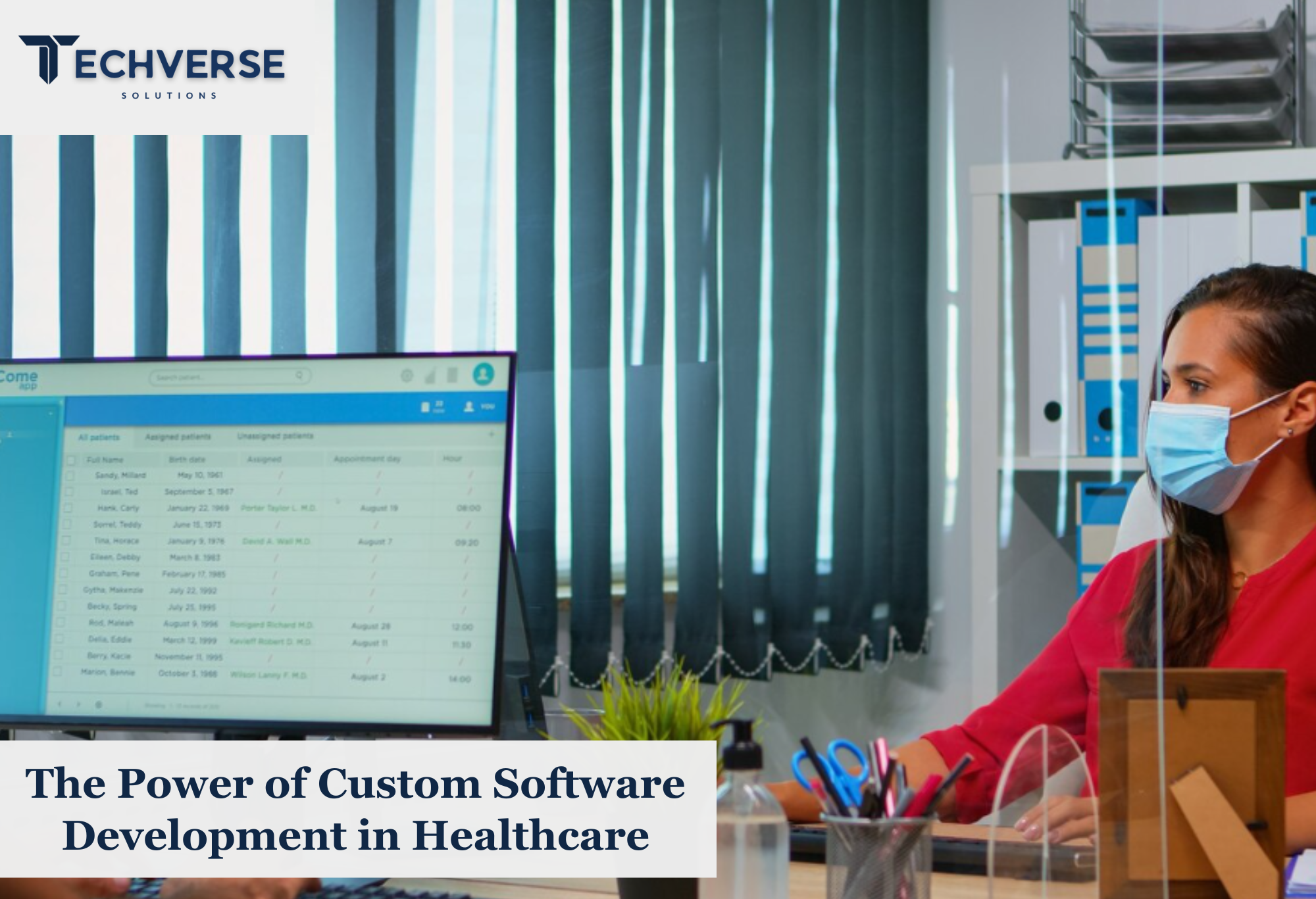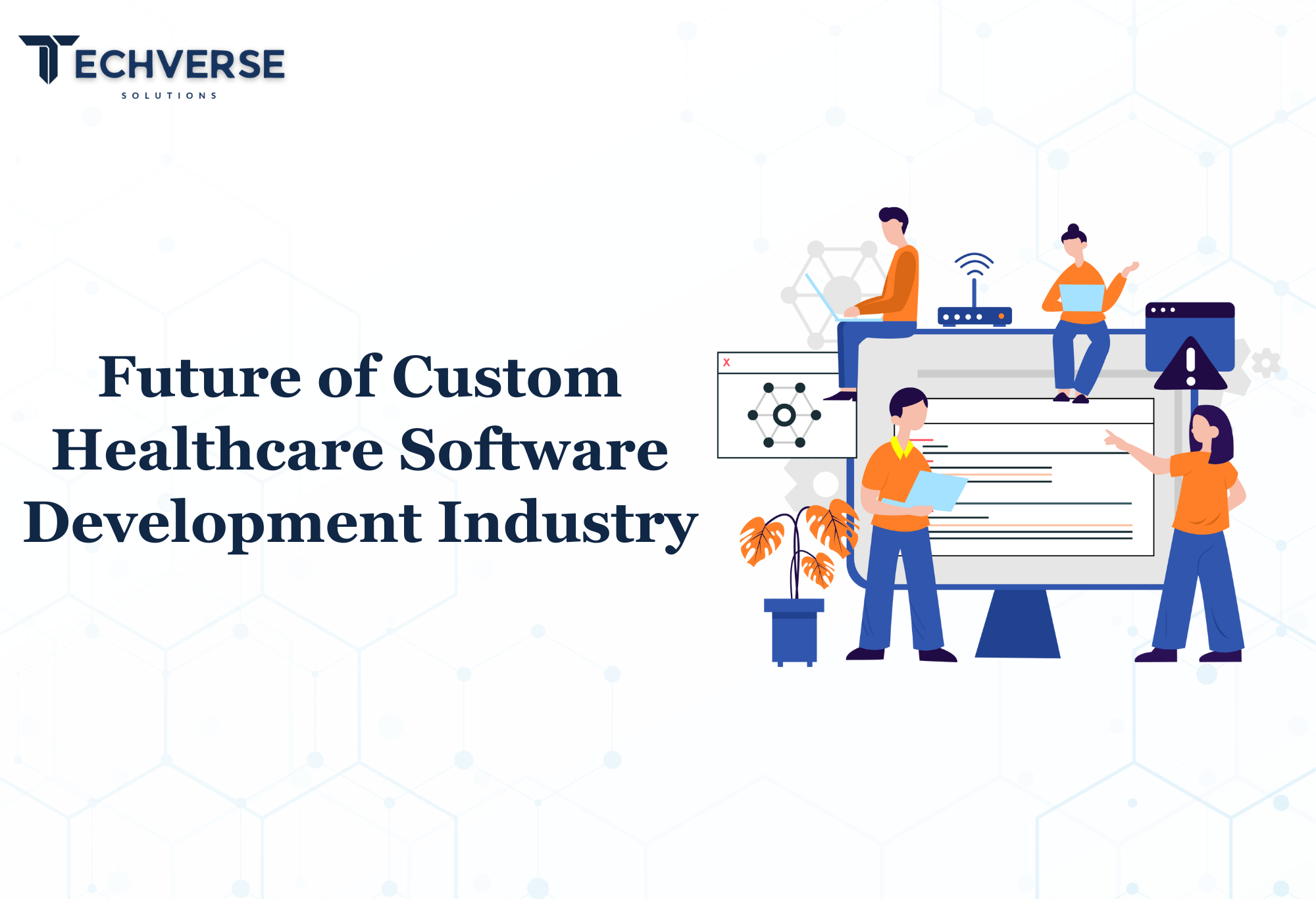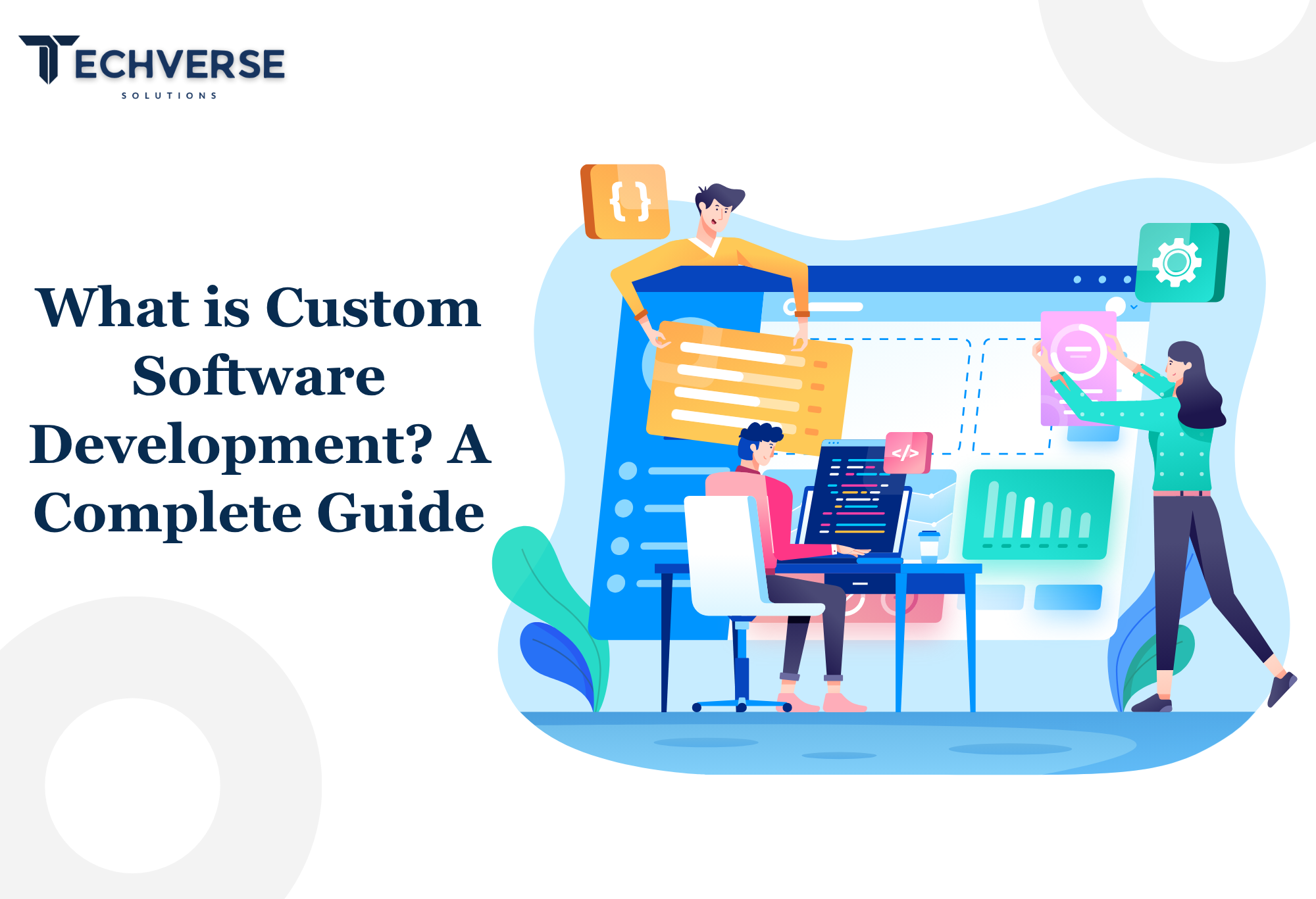Software Development
How to Develop Healthcare Software: A Step-by-Step Guide
Vandana
|Aug 08, 2025
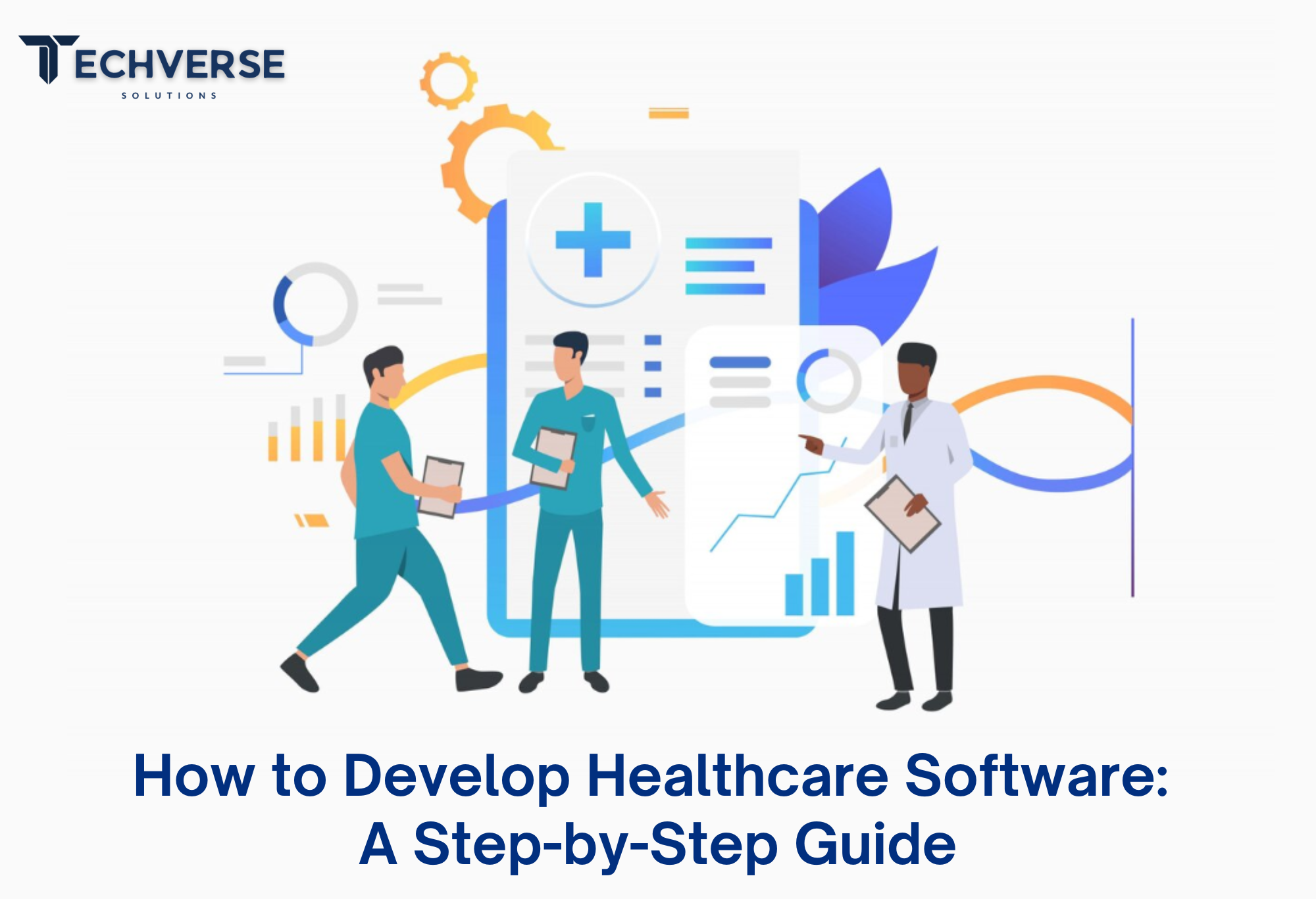
In today’s digital-first world, healthcare is rapidly transforming through technology. Building reliable healthcare software isn’t just a choice anymore—it’s an absolute must. Whether you’re building a patient management system, telemedicine app, or electronic health record (EHR) software, a well-crafted development process is key to success.
If you’re looking to create reliable and compliant healthcare software, this step-by-step guide will walk you through the essentials. Plus, we’ll highlight why partnering with the right Healthcare Software Development Company—especially a reputable Software Development Company in Los Angeles—can make all the difference.
Step 1: Get to Know Healthcare and Its Compliance Rules
Healthcare software is unique because it deals with sensitive patient data governed by strict regulations like HIPAA (in the US) and GDPR (in Europe). Before coding a single line, understand the legal requirements your software must comply with.
This includes data protection, controlled access, activity logging, and encrypted data transmission. If you skip compliance, you could face big fines and hurt your reputation.
Hiring experts from a Healthcare Software Development Company can help you navigate these complex regulations smoothly, ensuring your app meets all legal standards.
Step 2: Define Clear Project Goals and Features
Start with a crystal-clear vision of what your healthcare software should achieve. Are you developing a mobile app for patient scheduling? Or a comprehensive EHR system for clinics?
Typical features in healthcare software include:
Patient registration and profiles
Appointment scheduling and reminders
Telemedicine video calls
Prescription and medication management
Billing and insurance claims processing
Analytics and reporting
Defining these upfront saves time and avoids feature creep during development.
Step 3: Choose the Right Technology Stack
Healthcare apps demand a technology stack that supports scalability, security, and seamless integration with existing hospital systems.
Common tech choices include:
Backend: Node.js, Python (Django/Flask), or Java Spring Boot
Frontend: React.js, Angular, or Vue.js
Database: MongoDB, PostgreSQL, or Oracle Healthcare DB
Cloud Hosting: AWS, Azure, or Google Cloud with HIPAA compliance
A professional Healthcare Software Development Company like Techverse Solutions can advise on the best stack tailored to your project needs.
Step 4: Design User-Centered and Accessible Interfaces
Healthcare software users range from tech-savvy doctors to elderly patients. The UI/UX design must prioritize simplicity, accessibility, and quick navigation.
Focus on:
Clear dashboards
Intuitive workflows
Mobile responsiveness
Compliance with accessibility standards (WCAG)
Good design improves adoption rates and reduces training time for healthcare staff.
Step 5: Develop with Security as a Priority
Security in healthcare software is non-negotiable. Developers need to use strong login methods, control user roles, encrypt data both stored and sent, and keep checking for security issues constantly.
Regular security audits and penetration testing are essential to keep patient data safe.
Step 6: Test Rigorously Across Multiple Scenarios
Healthcare software must perform flawlessly under diverse conditions. Testing phases should include:
Functional testing of all features
Performance testing for load and speed
Security testing against data breaches
Usability testing with real users (patients and providers)
Partnering with a reliable Healthcare Software Development Company ensures your app undergoes strict quality assurance before launch.
Step 7: Deploy and Maintain with Continuous Support
Deployment is just the beginning. Healthcare software requires ongoing maintenance for:
Bug fixes and updates
Compliance with new regulations
Performance enhancements
Integration of new features based on user feedback
Choose a company offering comprehensive Healthcare App Development Services that include post-launch support to keep your software reliable and up to date.
Why Choose a Specialized Healthcare Software Development Company?
Healthcare is a highly specialized industry. A generic software developer might lack critical knowledge of medical workflows, data security, or regulatory compliance. That’s why it’s vital to engage with a Healthcare Software Development Company that understands the nuances.
A Software Development Company in Los Angeles like Techverse Solutions offers a blend of healthcare domain expertise, cutting-edge technology skills, and a client-focused approach. Their teams ensure your healthcare software is:
Fully compliant with regulations
Built on scalable and secure architecture
Designed for excellent user experience
Supported throughout its lifecycle
Final Thoughts
Developing healthcare software is challenging but rewarding. Following a structured, step-by-step process—from understanding healthcare requirements and designing user-centric features, to choosing the right tech stack and prioritizing security—sets your project up for success.
To get it right, partner with a trusted Healthcare Software Development Company that offers end-to-end Healthcare App Development Services. If you’re looking for expert help, consider Techverse Solutions, a leading Software Development Company in Los Angeles with a proven track record in healthcare software development.
With the right guidance, your healthcare software can transform patient care, streamline provider workflows, and comply with all regulations seamlessly.




